Health Analytics & Reporting
Health Analytics & Reporting provides standardized and customizable data analytics and business intelligence capabilities by analyzing healthcare delivery data. These analyses and reports strengthen healthcare authorities' and managers' decision-making processes, making health services analyses more effective. Thus, the effectiveness and efficiency of health systems increase.
Benefits and Innovations
The system provides standardized and customizable analyses, dashboards and reports about critical public health management indicators, such as healthcare facilities and professionals' performance monitoring, epidemic outbreak surveillance, medication safety and prescribing efficiency, healthcare planning and treatment pattern analysis using AI-powered business intelligence and reporting tools.
Benefits
- Enhanced Healthcare Delivery
- Customizable and Scalable Analytics Infrastructure
- Clinical and Operational Performance Monitoring
- Effective Risk Management
- Increased Patient and Healthcare Professional Satisfaction
- Efficient Allocation
- Effective Healthcare Planning
- Data-Driven Healthcare Improvement
- Integrated Data Management and Analytics
- Population Health Policy Development
Innovations
- Real-Time Healthcare Management
- Advanced Predictive Analytics
- AI-Enhanced Health Data Management
- Effective Public Health Management
- National-Scale Interoperability
Data-Driven Public Health Management:
Health Analytics and Reporting
This efficient system, using AI-powered reporting and business intelligence tools, provides consistent analyses and insights on public health management indicators, healthcare system effectiveness and operational efficiency. As a result, the overall efficiency of healthcare systems is enhanced and the effectiveness of healthcare services is continuously improved.
Features
Customizable Dashboards and Reporting Tools
It enables healthcare authorities and managers to create, customize and share reports and dashboards tailored to specific KPIs such as healthcare operations, waiting times, drug prescribing patterns and performance monitoring. This feature supports real-time decision-making and continuous improvement in the healthcare ecosystem.
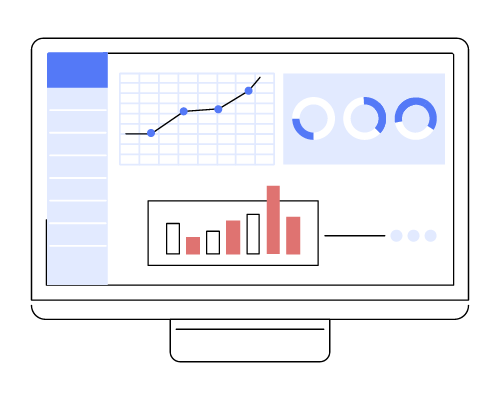
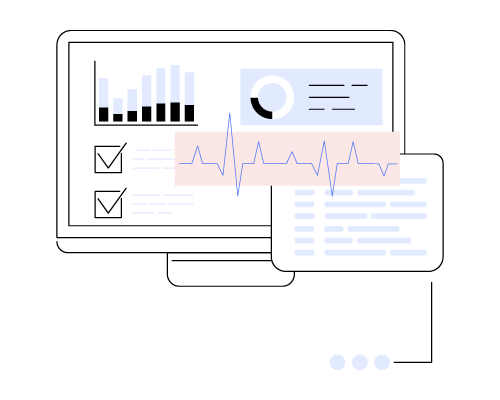
Data Centricity
Utilizes comprehensive analytics and artificial intelligence to transform healthcare data into actionable insights, driving significant improvements in healthcare delivery and patient care. This feature focuses on harnessing the power of big data to identify trends, predict health outcomes and optimize healthcare.
Demographic and Clinical Data Analysis
Health Analytics & Reporting provides detailed reports on population health, enhancing clinical and demographic data to identify trends, risks and opportunities for intervention. This tool is essential for targeted healthcare planning and resource allocation.
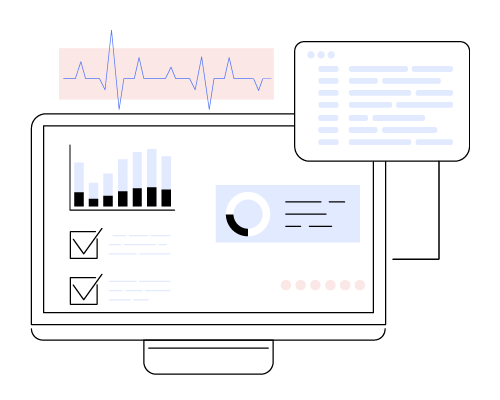
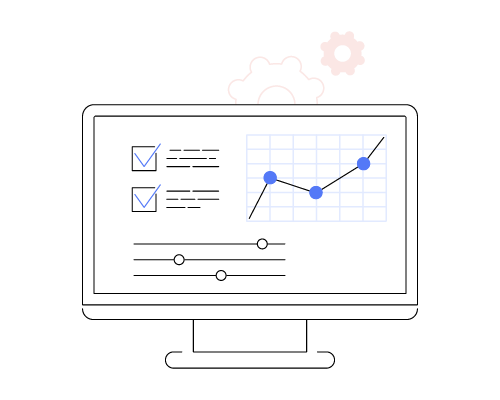
Healthcare Systems Monitoring
It offers comprehensive analytics on the performance of all national healthcare systems, facilitating the identification of service gaps and areas for enhancement. These tracking abilities enhance its healthcare performance by enabling instant monitoring of healthcare service delivery and identifying areas for improvement and intervention.
Performance Monitoring
The system monitors and ranks the performance of healthcare institutions and professionals according to the criteria determined by the Ministry of Health and regulatory authorities. This monitoring and benchmarking fosters a competitive environment that aims for quality improvement and excellence in patient care.
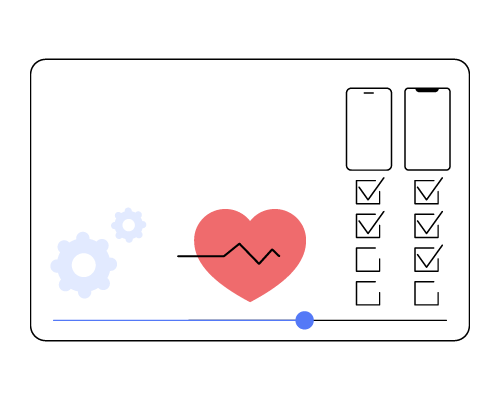
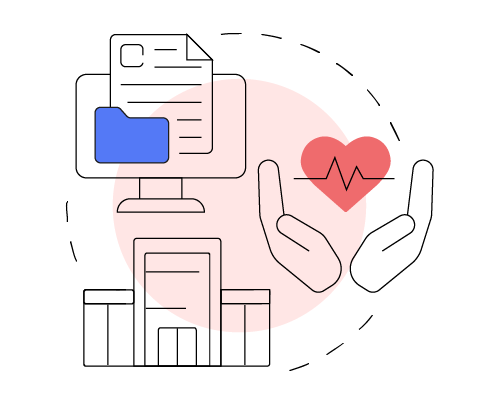
Effective Population Health Management
The system is designed to support effective public health management. By analyzing data from healthcare activities, Health Analytics & Reporting provides the ability to more deeply understand and solve public health problems. With these analyses and reports, health authorities and managers can make more informed decisions, increasing the effectiveness of health services and improving public health.
Pandemic & Epidemic Outbreak Surveillance
The system tracks and analyzes pandemic and epidemic outbreak indicators to quickly identify and respond to public health threats. This feature supports the timely mobilization of resources and implementation of containment strategies.
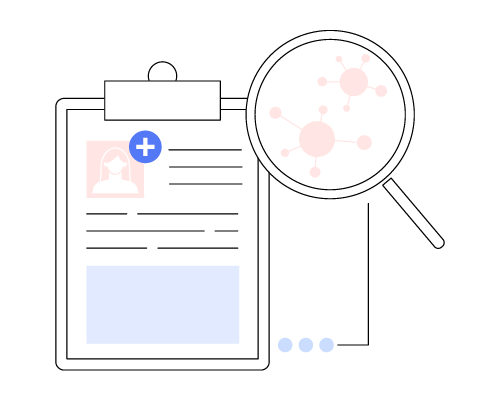
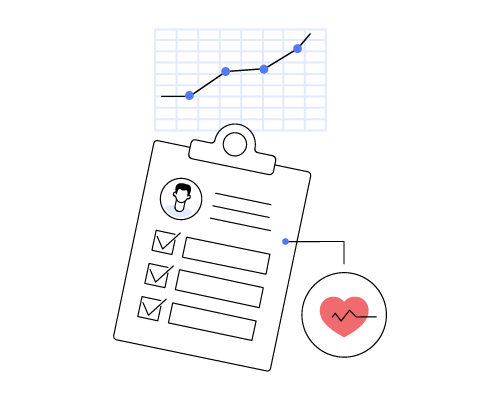
Treatment Pattern Analysis
It compares treatment patterns across different healthcare providers and professionals to identify best practices and areas for improvement. This analysis helps improve care and increase healthcare delivery's overall performance.
Medication and Prescription Management
Health Analytics & Reporting analyzes drug prescribing patterns and identifies gaps in care, aiming to enhance drug safety and optimize prescribing practices. The system's medication and prescription reports improve the detection of medication and prescription errors.
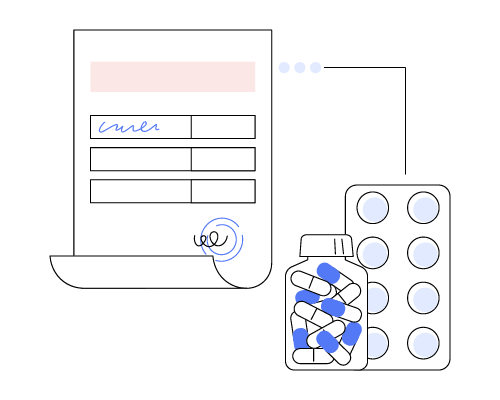
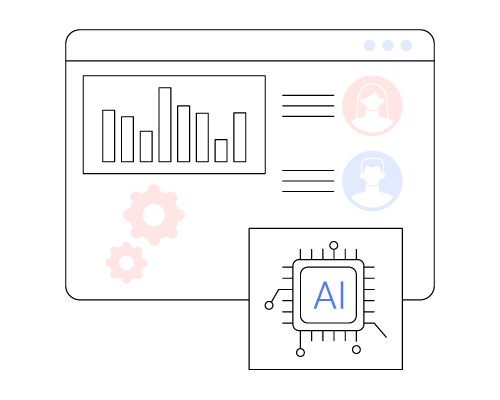
Clinical Decision Support System
The Decision Support System provides analysis of treatment plans, risk factors and overall healthcare delivery processes to improve clinical decisions. These reports and analyses improve the quality of care by helping healthcare professionals make more informed, evidence-based decisions.
Clinical Improvement
The system analyzes and reports data on all clinical processes and monitors system performance, providing insights that help create action plans for diseases, diagnoses or treatments. It improves overall public health planning and assessment to improve health, reduce care costs and enhance clinical management with insights from health data.
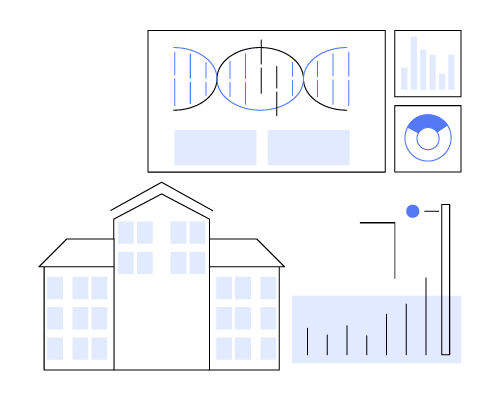
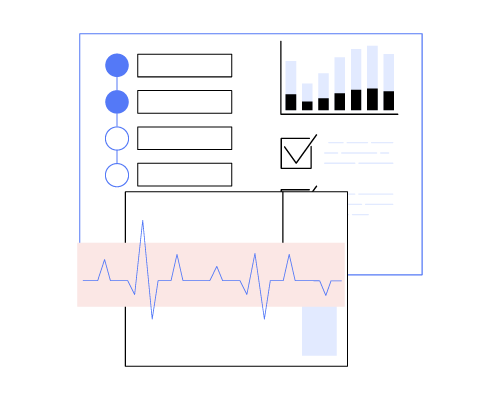
Advanced Healthcare Service Delivery
The system is designed to improve overall health management by monitoring healthcare operations, tracking diseases and quickly responding to health emergencies. It helps to optimize the healthcare system by using healthcare delivery data and electronic health records for comprehensive population health management.
Healthcare Planning
Predictive analysis and reporting capabilities provide valuable healthcare planning and delivery insights. It enables to predict healthcare systems’ future needs, evaluate outcomes and continuously improve services, using comparative and predictive analytics.
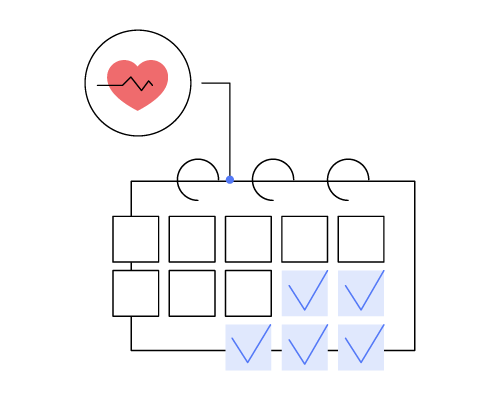
Benefits for Patients
Better
Care
Patients receive well-managed and effective healthcare services, which enhances patient outcomes.
Efficient and Rapid Treatment Processes
Comprehensive health data and predictive analytics ensure timely and effective treatments, reducing recovery times and improving overall well-being.
Reduced
Health Risks
Patients are informed of potential health risks earlier, allowing for preventive measures and minimizing the impact of diseases.
Increased
Patient Satisfaction
The system's data analytics and reporting capabilities ensure more effective healthcare delivery, increasing patient satisfaction.
Benefits for Health Professionals
Informed
Decision-Making
Access to analytics and reporting tools supports better clinical decisions, improving patient care and outcomes.
Effective
Care Coordination
AI-powered analytics facilitate coordination among healthcare professionals, enhancing the efficiency of patient care and healthcare delivery.
Better
Patient Outcomes
Utilizing data-driven insights for treatment and care management leads to improved health results for patients.
Productive
Work Environment
Streamlines administrative tasks, allowing healthcare professionals to focus more on patient care and less on paperwork.
Benefits for Healthcare Systems, Providers and Authorities
Comprehensive Health Performance Monitoring
The performance of healthcare facilities and professionals is monitored with analytical tools, ensuring continuous improvement.
Data-Driven Strategic Planning
Customizable analyses enable health authorities to make more informed strategic decisions, enhancing the effectiveness of healthcare services.
Efficient Resource Management
Comprehensive reports and analyses ensure more efficient use of resources within healthcare systems.
Timely and Effective Crisis Management
Real-time analyses facilitate quick responses and effective management of health crises.